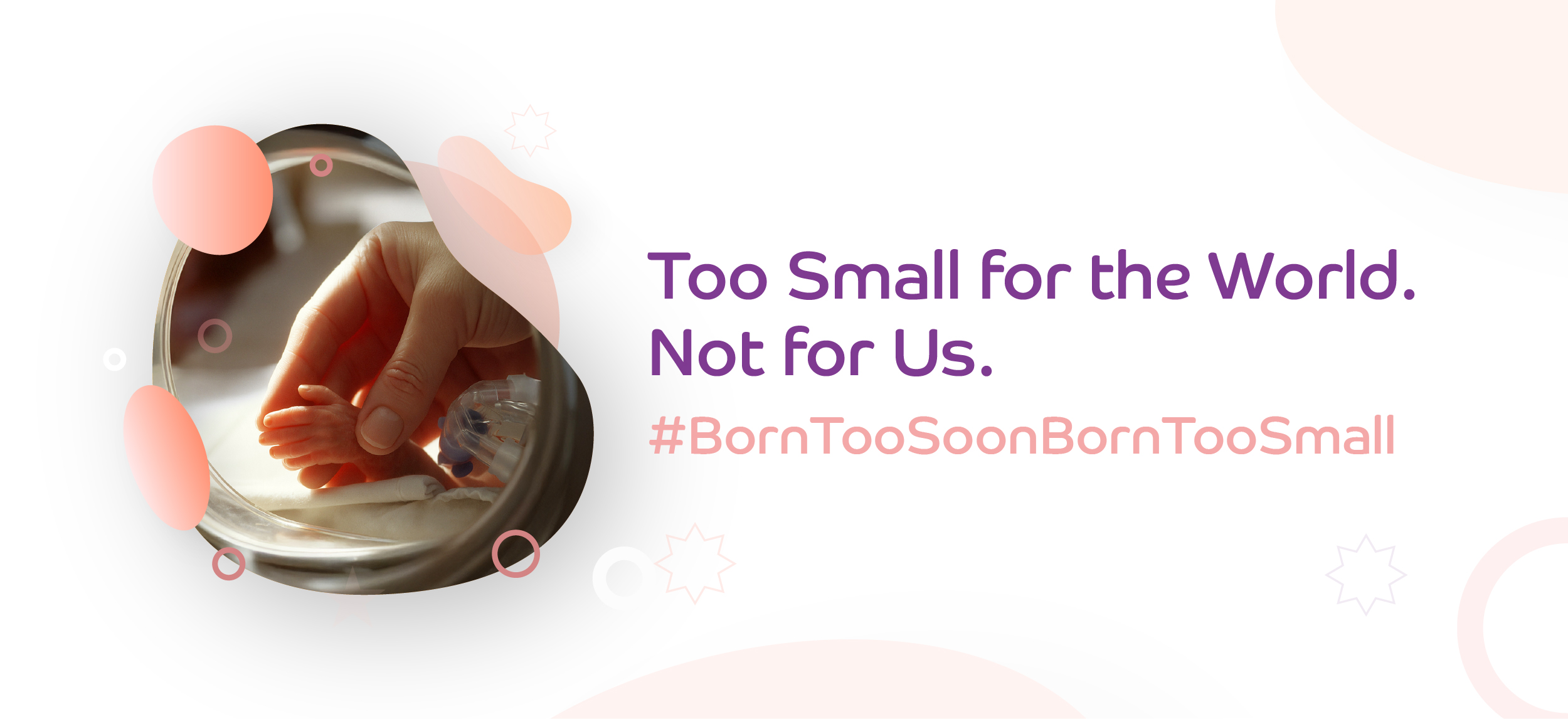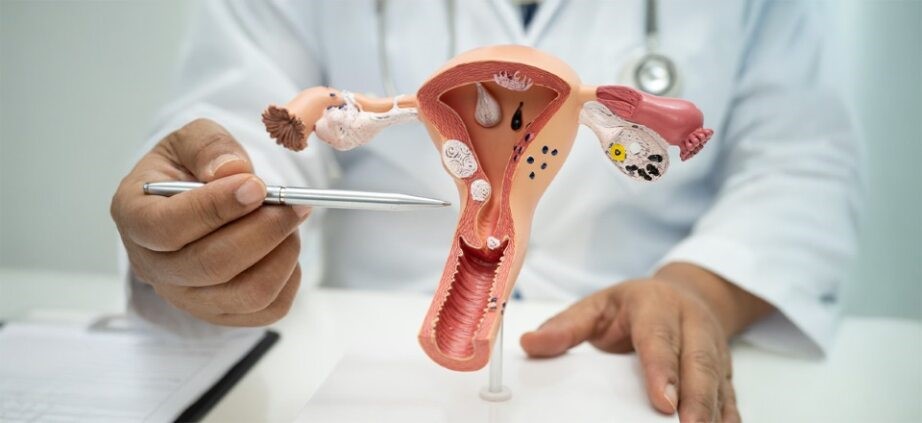Categories
Understanding Miscarriage: Loss, Healing, and Hope
Jul 15, 2024
Miscarriage is a heartbreaking experience that affects many women and their partners. Losing a pregnancy can be incredibly difficult to deal with emotionally and physically. This blog aims to provide understanding, resources, and a message of hope during this challenging time.
Symptoms of Miscarriage:
Symptoms can vary, but may include:
Looking Forward: It’s important to remember that having a miscarriage doesn't necessarily mean you can't have a healthy pregnancy in the future. Many women go on to have successful pregnancies after experiencing a miscarriage.
Disclaimer: This blog provides general information and shouldn't replace seeking professional medical advice. Always consult your doctor for personalized guidance regarding your health and pregnancy.
What is a Miscarriage?
A miscarriage is the spontaneous loss of a pregnancy before 20 weeks. It's a surprisingly common occurrence, affecting roughly 1 in 4 pregnancies.Symptoms of Miscarriage:
Symptoms can vary, but may include: - Vaginal bleeding
- Cramping or abdominal pain
- Passage of tissue
- Loss of pregnancy symptoms like nausea
- Sometimes, there may be no symptoms at all, but it is diagnosed on an ultrasound scan
Types of Miscarriage: Understanding the Different Experiences
There are different types of miscarriages, each with its own characteristics. Understanding these different types of miscarriages can help you manage your expectations and receive appropriate medical care. Here's a breakdown of some common types:Threatened Miscarriage:
- This is when vaginal bleeding occurs in early pregnancy, often accompanied by mild cramping.
- The cervix remains closed, and there's a chance that the pregnancy can continue.
- Early intervention with your doctor might be helpful.
Inevitable Miscarriage:
- This indicates that a miscarriage has already begun and salvaging the pregnancy is not possible.
- Symptoms include bleeding, cramping, and possibly passing tissue.
- A complete miscarriage is likely and the doctor may offer ways to help complete it.
Complete Miscarriage:
- This occurs when all pregnancy tissue has naturally passed from the uterus.
- Bleeding and cramping typically subside within a few days.
- Ultrasounds can confirm a complete miscarriage
Incomplete Miscarriage:
- In this case, some pregnancy tissue remains in the uterus after bleeding and cramping.
- Medical intervention might be needed to remove the remaining tissue.
Missed Miscarriage:
- This happens when the embryo or fetus has died but hasn't been expelled from the uterus.
- There might be no symptoms, but an ultrasound will reveal the absence of a heartbeat.
- Medical intervention might be needed to remove the products of conception.
Biochemical Pregnancy:
- This is an extremely early miscarriage.
- The pregnancy test is usually positive but bleeding begins even before the pregnancy can be detected on an ultrasound scan.
- This happens when the fertilized ovum fails to implant or stops growing soon after implantation.
- Treatment is usally not needed for this condition.
Blighted Ovum or Anembryonic Pregnancy
- Blighted ovum, also referred to as an anembryonic pregnancy, is a specific type of miscarriage that occurs in the early stages of pregnancy.
- A fertilized egg implants itself in the lining of the uterus but the embryo either doesn't form at all or stops developing very early. Despite this, the body still produces pregnancy hormones and you may continue to experience symptoms of early pregnancy.
- An ultrasound examination is typically used to diagnose a blighted ovum. The ultrasound will show an empty gestational sac with no developing embryo.
- Unfortunately, there's no treatment to save a blighted ovum pregnancy. The body will naturally expel the pregnancy tissue, which can happen through vaginal bleeding and cramping similar to a miscarriage. In some cases, medication or a minor surgical procedure might be needed to remove any remaining tissue.
Recurrent Miscarriage:
- This is defined as having three or more consecutive miscarriages.
- Further testing with your doctor can be helpful in determining the cause.
Causes and Risk Factors:
Most miscarriages happen due to chromosomal abnormalities in the developing embryo, which are often beyond your control. While not always preventable, some factors can increase the risk:- Uncontrolled chronic health conditions like diabetes, hypertension or thyroid disorders
- Inadvertant use of medicines that are unsafe to use during pregnancy
- Uncontrolled infections, trauma or travel in early stages of pregnancy
- Unhealthy weight, smoking and alcohol consumption
- Exposure to radiation or chemicals that may cause miscarriages
What to Expect After a Miscarriage:
- Physical Recovery: Your body will naturally start to heal after a miscarriage. Your doctor can provide guidance on recovery and returning to your menstrual cycle.
- Emotional Healing: Healing takes time. Be patient with yourself and allow yourself to grieve.
Coping with Loss:
The emotional impact of a miscarriage is real and valid, especially if you were excited about the pregnancy. Allow yourself to feel your grief, whether it's sadness, anger, guilt, or a mix of emotions. Talking to a trusted friend, family member, therapist, or support group can be incredibly helpful. Remember that you are not alone. Miscarriage is a common experience, and there is support available to help you through this difficult time. Rainbow Children's Hospital is here for you, offering compassionate care and guidance.Looking Forward: It’s important to remember that having a miscarriage doesn't necessarily mean you can't have a healthy pregnancy in the future. Many women go on to have successful pregnancies after experiencing a miscarriage.
Disclaimer: This blog provides general information and shouldn't replace seeking professional medical advice. Always consult your doctor for personalized guidance regarding your health and pregnancy.











